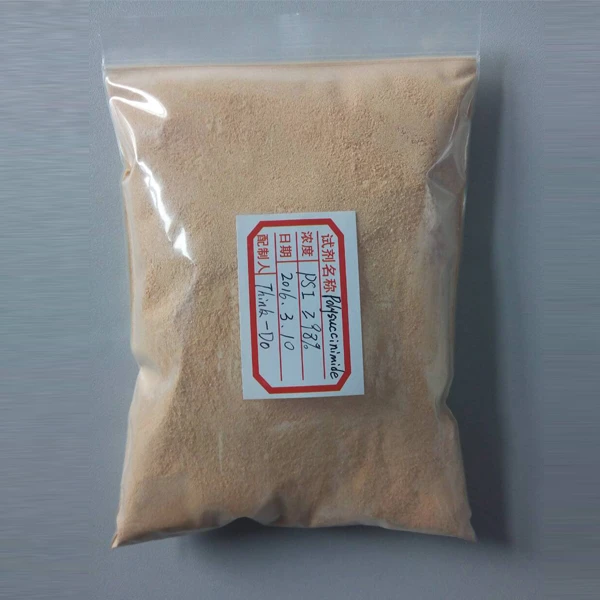
News
dec . 07, 2024 00:18 Back to list
custom chelating agent disodium edta
Understanding Custom Chelating Agents Focus on Disodium EDTA
Chelating agents play a crucial role in various chemical processes, particularly in the fields of medicine, agriculture, and environmental science. Among these agents, Disodium Ethylenediaminetetraacetic Acid (Disodium EDTA) stands out due to its unique properties and versatile applications. In this article, we will delve into the structure, functionality, and various uses of Disodium EDTA, along with its significance in custom formulations.
What is Disodium EDTA?
Disodium EDTA is a chelating agent that can bind to metal ions in a complex formation. It is derived from ethylenediaminetetraacetic acid, which contains four carboxylate groups capable of forming stable complexes with metals. The disodium prefix indicates that two sodium ions are associated with the EDTA molecule, enhancing its solubility in aqueous solutions. The ability of Disodium EDTA to form complexes with metal ions makes it a valuable compound across multiple industries.
Mechanism of Action
The chelating action of Disodium EDTA involves the formation of coordinate bonds between the metal ions and the electron-donating atoms in the EDTA molecule. The four carboxylate groups and the nitrogen atoms in the ethylenediamine section create a cage-like structure around the metal ion, effectively stabilizing it and preventing it from engaging in unwanted reactions. This property is particularly beneficial in applications where metal ions can interfere with desired chemical processes.
Applications of Disodium EDTA
1. Medical Applications In medicine, Disodium EDTA is primarily used for the treatment of heavy metal poisoning, such as lead or mercury toxicity. By chelating the harmful metals, it facilitates their excretion from the body, reducing toxicity. Additionally, Disodium EDTA is often included in formulations for various diagnostic tests to prevent metal ion interference, ensuring accurate results.
custom chelating agent disodium edta

2. Cosmetics and Personal Care The cosmetic industry utilizes Disodium EDTA as a preservative and stabilizer. It helps to maintain the clarity and effectiveness of products by preventing the precipitation of metal ions. Furthermore, its chelating properties enhance the performance of surfactants and improve the overall stability of formulations.
3. Agriculture In agriculture, Disodium EDTA is employed as a micronutrient chelator. It ensures that essential nutrients, such as iron, zinc, and manganese, remain soluble and available for plant uptake. This is especially important in alkaline soils where metal ions may precipitate and become unavailable to plants.
4. Environmental Remediation Disodium EDTA finds applications in environmental science for soil and water remediation. It can effectively mobilize heavy metals from contaminated sites, facilitating their removal and reducing environmental impact. This application is crucial in restoring ecosystems affected by industrial pollution.
5. Food Industry In the food sector, Disodium EDTA is used as a preservative to prevent oxidative spoilage. It helps in maintaining food quality and extending shelf life by binding metal ions that could catalyze oxidative reactions.
Custom Chelating Agent Formulations
The unique properties of Disodium EDTA have led to its widespread use in customized formulations tailored to specific applications. Manufacturers often manipulate the concentration and combinations of Disodium EDTA with other ingredients to enhance product performance. This custom approach enables industries to address unique challenges, from improving stability in cosmetic products to optimizing nutrient availability in agricultural applications.
Conclusion
Disodium EDTA stands out as a versatile chelating agent with applications across multiple domains, including medicine, cosmetics, agriculture, and environmental science. Its ability to bridge metal ions provides significant benefits, making it an essential component in various products and processes. As scientists continue to explore its potential, the development of custom formulations using Disodium EDTA promises to unlock even more innovative solutions to contemporary challenges. As industries evolve, the role of such chelating agents will undoubtedly remain critical in ensuring safety, efficacy, and sustainability.
-
Polyaspartic Acid Salts in Agricultural Fertilizers: A Sustainable Solution
NewsJul.21,2025
-
OEM Chelating Agent Preservative Supplier & Manufacturer High-Quality Customized Solutions
NewsJul.08,2025
-
OEM Potassium Chelating Agent Manufacturer - Custom Potassium Oxalate & Citrate Solutions
NewsJul.08,2025
-
OEM Pentasodium DTPA Chelating Agent Supplier & Manufacturer High Purity & Cost-Effective Solutions
NewsJul.08,2025
-
High-Efficiency Chelated Trace Elements Fertilizer Bulk Supplier & Manufacturer Quotes
NewsJul.07,2025
-
High Quality K Formation for a Chelating Agent – Reliable Manufacturer & Supplier
NewsJul.07,2025
